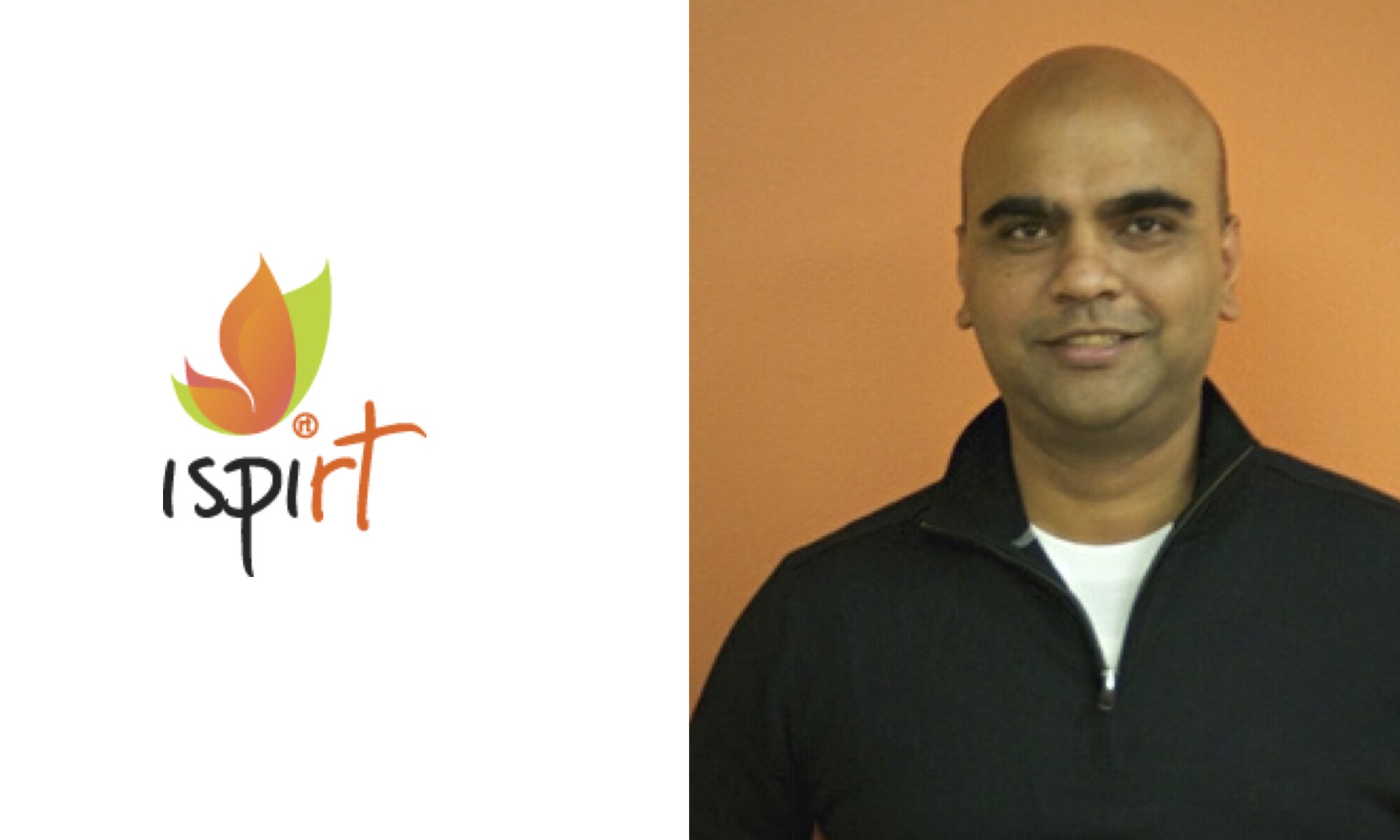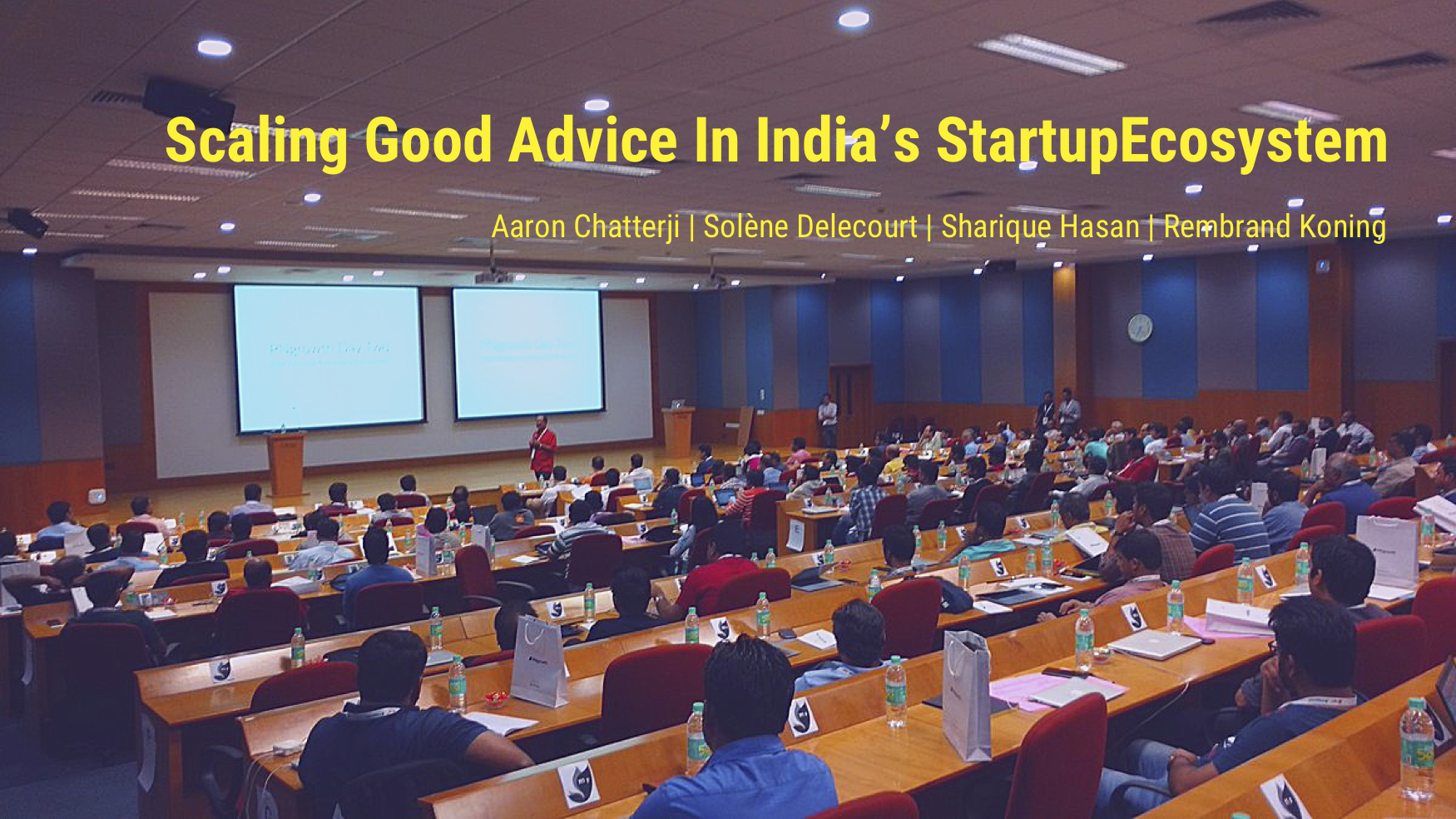“That will never work!”
To iSPIRT volunteers, those four words are a rallying cry. Words that make us intrepid souls smile with a quiet confidence and inspire an iron will to get the job done. The best among us turn those words into their life’s work by building systems that serve millions of Indians.
iSPIRT’s best work has been in building digital public goods for India. This work is inevitably anchored by a volunteer who selflessly serves the mission; with a relentlessness and belief that could wring water from stone. Today, we celebrate one such volunteer hero: Amit Ranjan.
He had just sold his startup SlideShare to LinkedIn and had set a high watermark for products built in India for the world. After a successful exit, unlike what many others in his position might have done, Amit took the less travelled path of working within the government. Contrary to what one might imagine, even in his new role, Amit crackled with an energy that promised to single-handedly drag government departments into the future; and his eyes would sparkle as he showed you a demo of what would eventually become one of the pillars of India Stack: DigiLocker.
India Stack was built to enable a presenceless, paperless, and cashless society. Aadhaar and UPI were instrumental in enabling presenceless and cashless transactions. DigiLocker is another piece of the puzzle. Amit rolled up his sleeves, joined MeitY, and architected a national federated data and document network for India’s ~1.5 billion citizens.
Today, DigiLocker functions as an interoperable public-private ecosystem for paperless service delivery by digitizing citizen records and enabling their digital usage. Documents and certificates issued by different government agencies such as Aadhaar, PAN Card, Driving License, and even school and college certificates are available today on DigiLocker. The system Amit helped build has led to increased transparency, reduced bureaucracy, and significant cost savings for both private and public sector organizations.
Nearly 15 crore Indians are already DigiLocker users today, using 5.6 billion documents issued by almost 2,500 issuing entities. The impact is felt even in the mundane daily activities like checking into an airport or showing your driver’s license using DigiLocker during a routine traffic stop. And the system is just getting started.
Those who have worked with Amit in the government (like Abhishek Singh IAS, President & CEO NeGD; MD & CEO Digital India Corporation (DIC); CEO Karmayogi Bharat; at Govt of India) sing his praises the same as us. To quote Mr Singh, “Amit Ranjan is a Hero. I believe that we need to celebrate the Heroes and the teams that go into building these Digital Public Goods”.
Creating impact like this on a national scale through sheer grit and commitment inspires every single iSPIRT volunteer. And that’s why we choose to recognize and celebrate Amit with iSPIRT’s highest commendation; To us, he truly is a “Volunteer Hero”!
By Sharad Sharma, Dr Renuka Garg, Shoaib Ahmed and Pankaj Jaju for Volunteer Fellow Council



